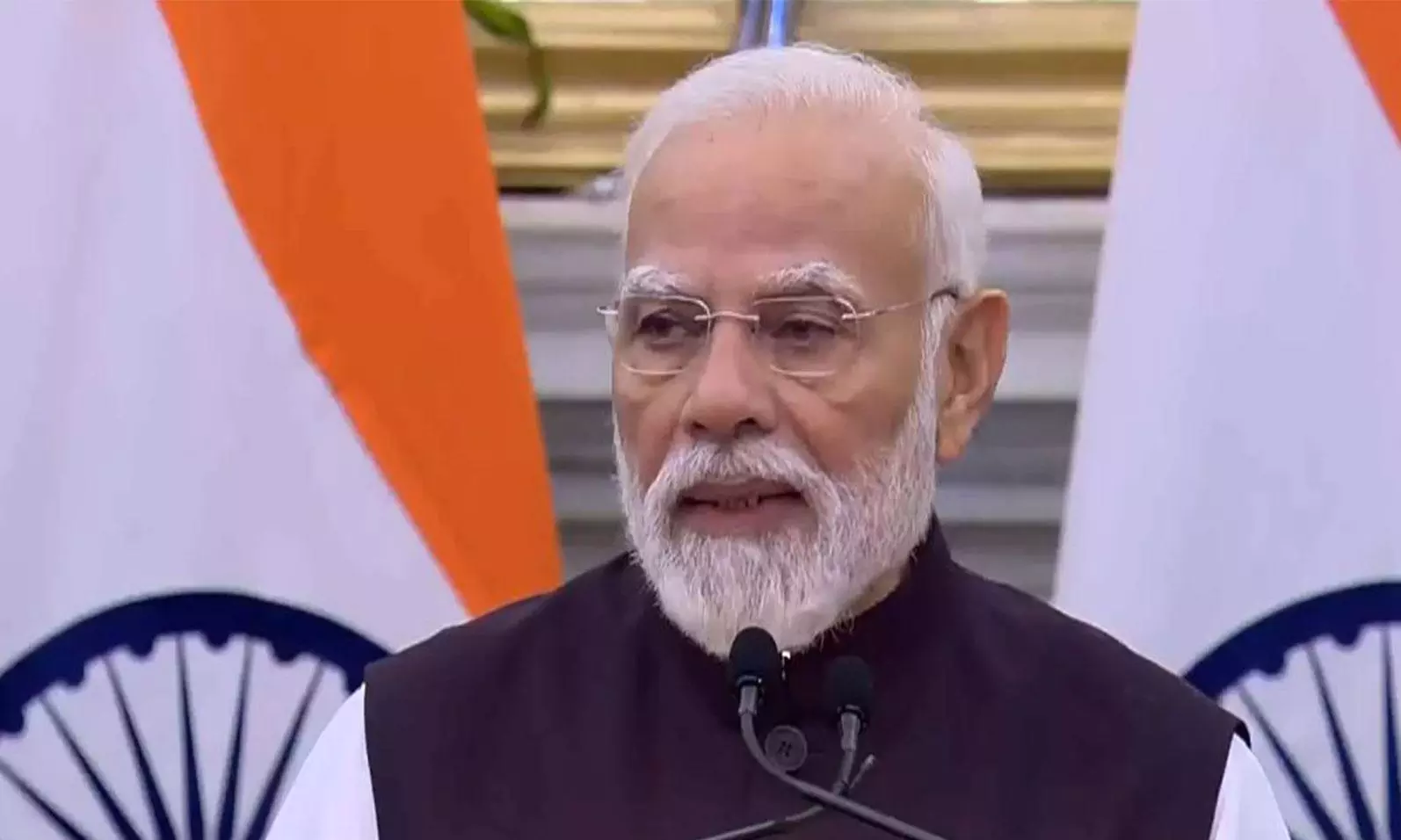Remember asteroid 2024 YR4? Once feared to be on a collision course with Earth in 2032, the space rock may still prove dangerous, just not in the way thought earlier. Astronomers now believe the asteroid could strike the Moon, triggering an explosion that might shower Earth with debris capable of damaging satellites.
Over time the possibility of a lunar collision has increased. As of June 18, the odds stood at 4.3 percent, based on the latest observations before the asteroid moved out of telescope range until 2028. Paul Wiegert, an astronomer at the University of Western Ontario in Canada, warned that a Moon impact could cause serious disruption to Earth’s satellite infrastructure.
“Intuitively, the Earth is actually quite a small target when seen from the moon, and so your intuition is that not very much material would actually hit the Earth, but it turns out that the Earth’s gravity can focus that material under certain conditions,” Wiegert told New Scientist.
The asteroid, discovered by a telescope in Chile in December 2024, was initially thought to be speeding towards Earth, potentially bringing city-leveling destruction. However, later observations eliminated that scenario, but recent modeling has revealed that a lunar impact may be possible.
Wiegert’s team estimates that such a collision could blast a one-kilometre-wide crater into the Moon, possibly the largest in the last 5,000 years. Although smaller than many natural lunar craters, it could eject enough high-speed debris into space endangering Earth’s satellites. Simulations run over 10,000 times suggest this shrapnel cloud could cause widespread malfunctions, and not outright destruction. The damages could likely generate electrical surges and sensor errors.
While the full extent of the threat remains uncertain, Wiegert argues that these findings should push global space agencies to work on their asteroid deflection strategies. If the odds of a lunar impact rise, scientists could have a four-year window to work on their defence strategy.
© IE Online Media Services Pvt Ltd






